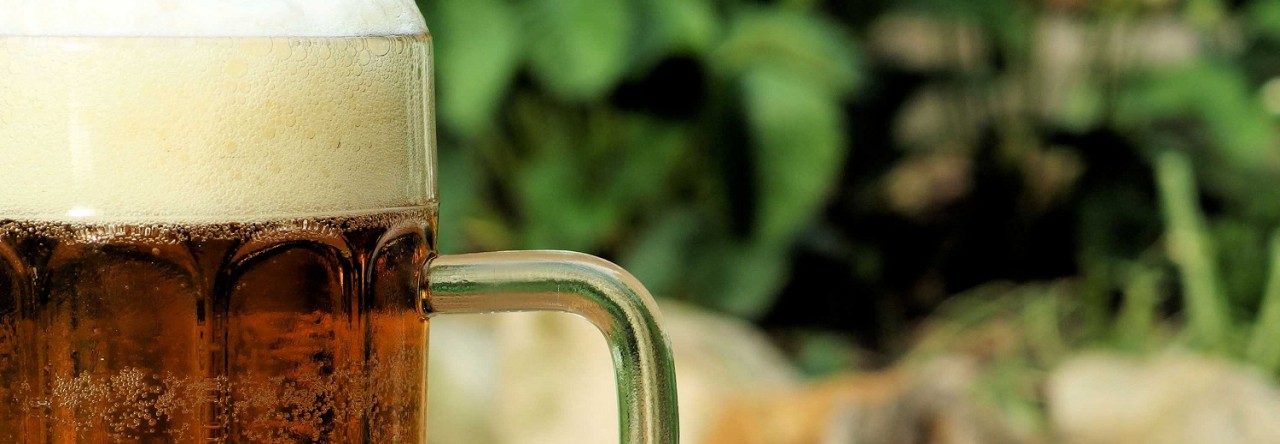Last year, I tried to make a couple of high gravity beers and I wasn’t able to hit my targeted original gravity. You can see some of trials in these previous posts. In an attempt to fix this issue, we tried a reiterated mash experiment with a Russian Imperial Stout recipe. If you have the time and small mash tun and want to try a new mashing technique, watch this video and see how it is done.
Russian Imperial Stout Recipe With Reiterated Mash
Boil Size: 7.5 US Gallons
Batch Size 5.5 US Gallons
Grains:
19 pounds of Floor Malted Maris Otter Malt
1.5 pounds of Roasted Barley
1 pound of Simpson Double Roasted Crystal (DRC) Malt
1 pound Pale Chocolate Malt
.5 pound of 60° L Crystal Malt
Hops:
Some homegrown (Chinook & Cascade) hops – unknown AA – First Wort Hopping
1 ounce of Horizon hops – 10.3% AA – 60 minutes to go in the boil
2 ounces of East Kent Goldings hops – 5.3% AA – 15 minutes to go in the boil
2 ounces of East Kent Goldings hops – 5.3% AA – 15 minutes to go in the boil
Yeast:
2 packets of White Labs WLP001
1 packet of Safale US-05
Special ingredient: 16 ounces of Dave’s Coffee Syrup – added with 15 minutes left in the boil
Instructions:
Divide the grain bill into 2 equal parts and mash one part for 1 hour with 4 gallons of water at 152° F. Collect 4 gallons of wort. Replace spent grains with second part of grain bill and mash with the wort you made with the first part of the grain bill for 1 hour at 152° F (heat the wort appropriately to hit your mash temperature).
Collect as much wort as possible from the second mash and then sparge to get to your full boil volume.
Boil for 75 minutes to ensure you hit your gravity.
Original gravity was 1.092. Looking to get a final gravity of 1.014 for a calculated ABV of a little over 10%.
Thoughts on the Experiment
How we conducted the reiterated mash got me to a place where I could hit my targeted original gravity without having to boil most of the volume away. It took a long time to do and I could still do it differently. I think if I mashed two separate times (without mashing with the wort) and just collect 3.5 gallons of each wort, I would be in a better place than what I got out of this process. The issue is in the sparging. The first runnings of the wort were very high in gravity. The first running of the reiterated mash was OFF THE CHARTS but the gravity you get from the sparge is just that much lower so the gravity of your full boil suffers.
We have a good feeling about this beer. We’ll follow up with a tasting video when it’s ready.
BREW ON!

Leave a Reply